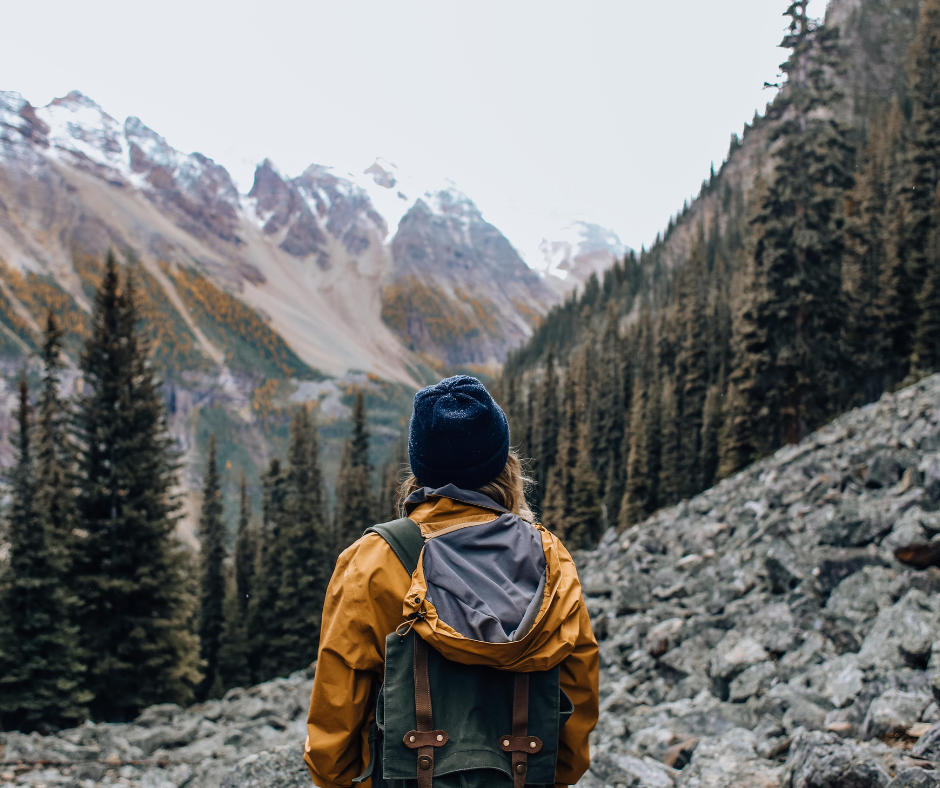
Are you ready to embark on an adventure into the great outdoors? Hiking is a fantastic way to connect with nature, challenge yourself physically, and rejuvenate your soul. But before you hit the trails, it’s crucial to be prepared and informed. As Dr. Bilal Ahmad Bhat, the Founder & CEO of Ready For Camp – Where Adventure Awaits, and with over 28 credentials of entrepreneurship under BAB Group of Companies, I’m here to guide you through the dos and don’ts of hiking for beginners. Let’s delve into 14 mistakes to avoid as a new hiker, ensuring your outdoor experience is safe, enjoyable, and unforgettable.
- Neglecting Proper Footwear: Your feet are your most valuable assets on the trail. Invest in a good pair of hiking boots or shoes that provide ankle support, traction, and comfort. Ill-fitting or inappropriate footwear can lead to blisters, sprains, or even more serious injuries.
- Overpacking: It’s tempting to bring everything but the kitchen sink on your first hike, but remember, every ounce adds up. Pack only the essentials like water, snacks, a map, a first aid kit, and weather-appropriate clothing. Leave unnecessary items behind to lighten your load and increase your mobility.
- Underestimating the Trail: Research the trail you plan to hike thoroughly. Know its difficulty level, length, elevation gain, and terrain. Start with beginner-friendly trails and gradually work your way up to more challenging ones as your skills and fitness improve.
- Ignoring Weather Forecasts: Weather in the wilderness can be unpredictable and change rapidly. Always check the forecast before heading out and dress accordingly. Bring rain gear, extra layers, and sunscreen to protect yourself from the elements.
- Skipping Trail Etiquette: Respect other hikers, wildlife, and the environment. Yield to uphill hikers, stay on designated trails, and pack out all trash. Leave no trace of your presence except footprints and memories.
- Not Hydrating Properly: Dehydration can sneak up on you, especially when exerting yourself outdoors. Drink plenty of water before, during, and after your hike to stay hydrated and avoid fatigue or heat-related illnesses.
- Overlooking Safety Precautions: Safety should always be your top priority. Tell someone where you’re going and when you expect to return. Carry a fully charged cell phone or emergency communication device and know how to use it in case of an emergency.
- Forgetting Navigation Tools: Even if you’re hiking on well-marked trails, it’s essential to carry navigation tools like a map and compass or a GPS device. Familiarize yourself with their use before hitting the trail to avoid getting lost.
- Pushing Beyond Your Limits: Know your physical abilities and listen to your body. Start with shorter hikes and gradually increase the distance and difficulty as you build strength and endurance. Pushing yourself too hard too soon can lead to exhaustion or injury.
- Disregarding Wildlife Safety: Be aware of your surroundings and respectful of wildlife. Keep a safe distance from animals, never approach or feed them, and follow any posted regulations or guidelines for wildlife encounters.
- Not Dressing in Layers: Weather conditions can change rapidly in the mountains or wilderness. Dress in layers that you can add or remove as needed to stay comfortable and regulate your body temperature.
- Ignoring Proper Nutrition: Fuel your body for the demands of hiking with nutritious snacks like trail mix, energy bars, fruit, and sandwiches. Eating regularly throughout your hike will help maintain your energy levels and keep you feeling strong.
- Neglecting Sun Protection: Protect your skin and eyes from the sun’s harmful rays. Wear sunscreen with a high SPF, a wide-brimmed hat, sunglasses, and lightweight, breathable clothing to shield yourself from sunburn and heat exhaustion.
- Failing to Leave No Trace: Leave the trail and the wilderness better than you found them. Pack out all trash, respect wildlife and vegetation, and minimize your impact on the environment. Preserve the beauty of nature for future generations to enjoy.
As you embark on your journey as a new hiker, keep these tips in mind to ensure a safe and enjoyable outdoor experience. Remember, hiking is not just about reaching the summit; it’s about the journey, the memories, and the connections you make with nature and yourself. So lace up your boots, hit the trails, and embrace the adventure that awaits you. Happy hiking!
